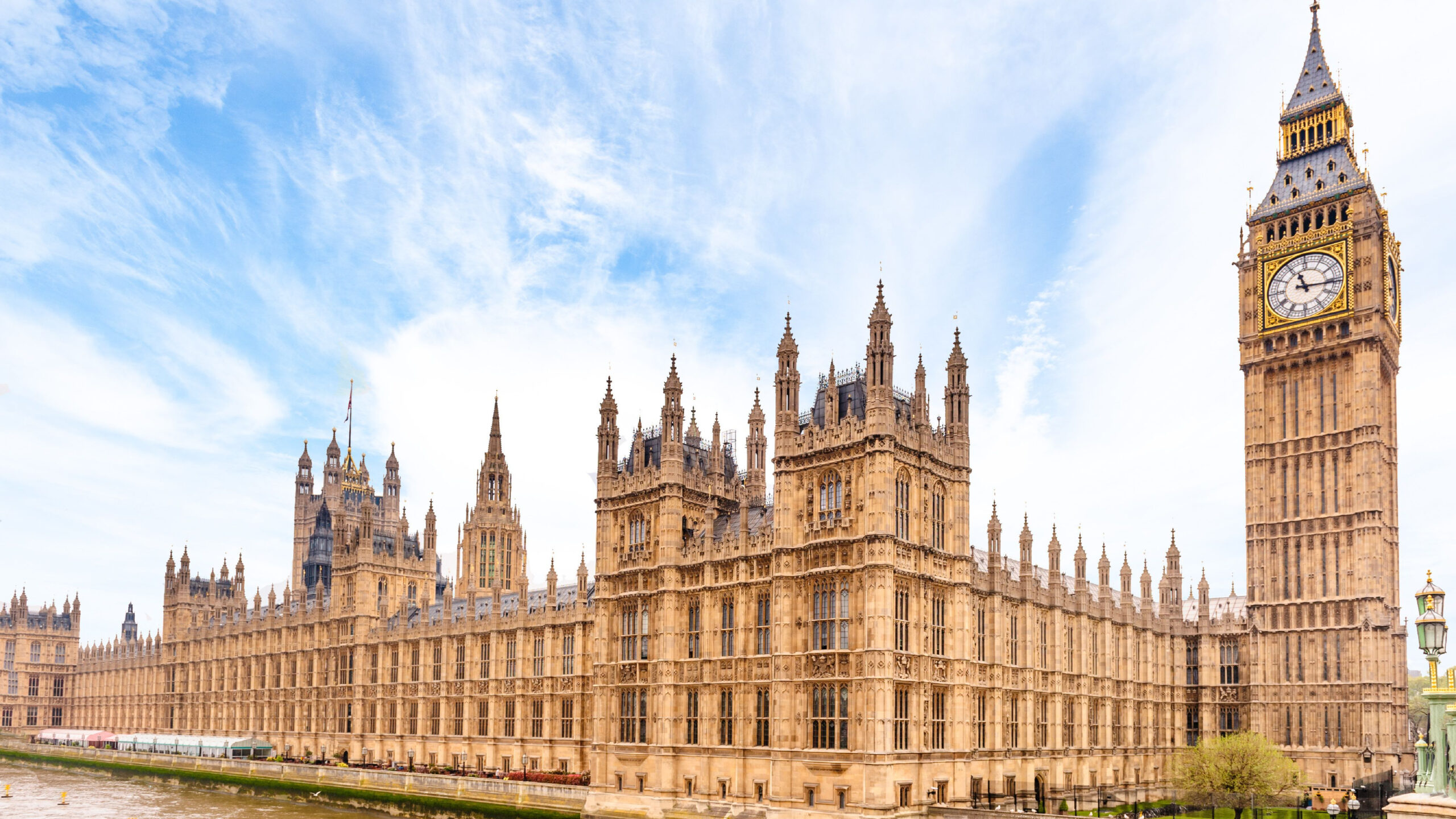A Workable Digital Markets Act Requires Harmonised Enforcement

The Digital Markets Act (DMA) is a single-market initiative, designed to strengthen and deepen Europe’s digital economy by harmonising national rules on platform governance. But to make it work as intended, lawmakers will have to agree on a unified enforcement framework with the European Commission having the final say.
The DMA is supposed “to allow platforms to unlock their full potential by addressing at EU level concerns around unfair practices and weak contestability so as to allow end users and business users alike to reap the full benefits of the platform economy and the the digital economy at large, in a contestable and fair environment.” (page 2 of the proposal)
But at the moment, the enforcement framework is a maze of confusion. Amendments proposed by the European Parliament and the EU Member States have not improved the text in this respect, and there is a risk that the DMA fails to achieve the very objective its legal basis is pinned on.
The Risks of Fragmentation
EU countries have a natural resistance to entrusting the European Commission with too much power, but when it comes to the digital economy, allowing fragmentation would be detrimental on several fronts.
First, the Commission’s impact assessment and the rosy assumptions on the DMA’s economic effects, are based on the premise that the DMA will completely harmonise national rules governing how platforms design and deliver their services to consumers and businesses. Less harmonisation calls all those projections into question.
Second, ‘gatekeepers’, by definition, are important one-stop-shop gateways for business users to access the entire European market. As recognised by the European Commission in 2017, “[s]mall retailers may, with limited investments and effort, become visible and sell products through third party platforms to a large customer base and in multiple Member States.” (pg. 5).
Platform operators’ efforts to strengthen the single market through their services have only increased since then. A recent UK study found that smaller retailers in particular are using online intermediaries for a wide range of additional services, including processing financial transactions, sales data analytics, marketing and advertising services, distribution and logistics. (pgs. 11-12). But if national regimes impose conflicting or contradictory requirements on platform operators, this will fragment their services across national lines, eliminating the benefits they provide to single market integration.
Third, the fact that harmonisation is the very raison d’être of the DMA, and its legal basis, means the Treaty imposes limits on how much the DMA can allow national divergence. It’s a question of law, not politics, which European judges will ultimately have to determine. Less harmonisation (and conversely more national divergence) means greater room for legal challenge, uncertainty, and future upset.
Workable Harmonised Enforcement
The European Commission recognised the above risks in drafting the DMA, that’s why Article 1(5) of the EC proposal prevents Member States from imposing any additional obligations for the same purpose of “ensuring contestable and fair markets” (the scope of which is defined in Article 10). But this scope itself is somewhat limited. It ignores the risk of diverging competition enforcement, or that private plaintiffs and claimants will bring civil actions for DMA enforcement in national courts.
That is not to say that national perspectives should be cut out altogether. Competition enforcement can shed light on market failures in the digital economy (though it’s questionable how much those lessons have really been adopted by the DMA), and national authorities are well placed to serve as the “eyes and ears” on the ground, serving as a first filter for complaints, and sharing information with the Commission. But the Commission must have the final say.
Making the Commission the ultimate arbiter of how the DMA should be enforced would ensure harmonisation of the rules across the European market, it would also ensure accountability, and provide legal certainty to those who would rely on the DMA (as well as avoiding risks of double-jeopardy). Of course, for the Commission to be able to do its job, it will need to be better resourced. The currently envisaged 80 employees seem alarmingly low, when considering the number of civil servants expected to be working on Germany’s 19a, or the UK’s Digital Markets Unit.
Industry may not want Government dictating the right balance between fairness for consumers and fairness for business users, or how digital products and services are to be designed in Europe. There will necessarily be costs to the European economy, but that’s the choice lawmakers have made with the DMA in its final stretch. As the EU institutions negotiate a final text in trilogue, they will have to focus on the details, and how the DMA will work in practice. Harmonised enforcement is key to making the DMA work, and ensuring that the DMA is fit for the Digital Age.








